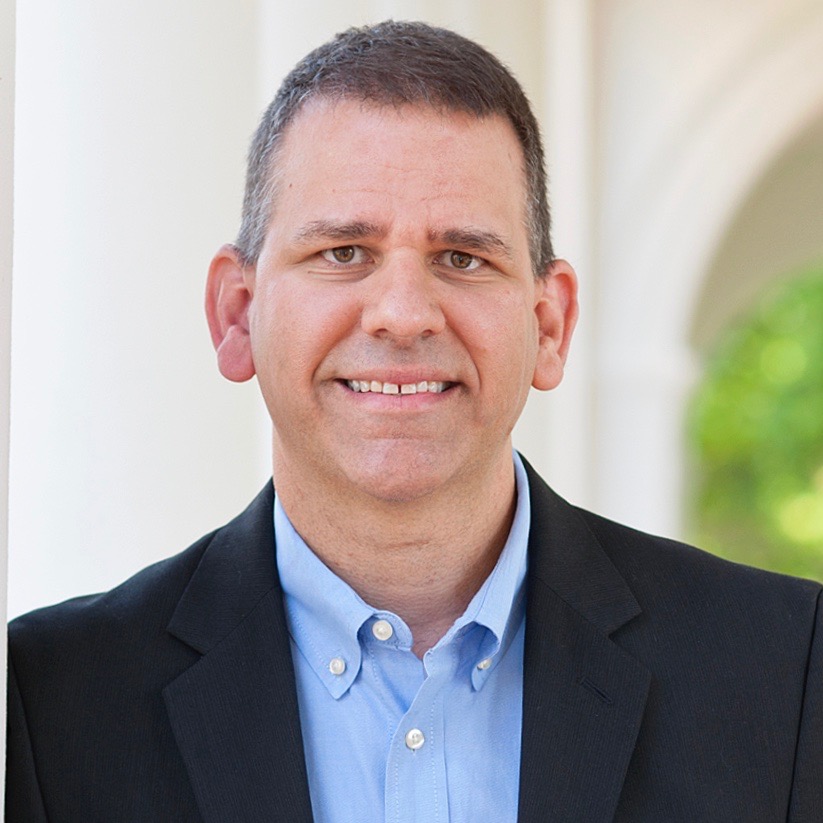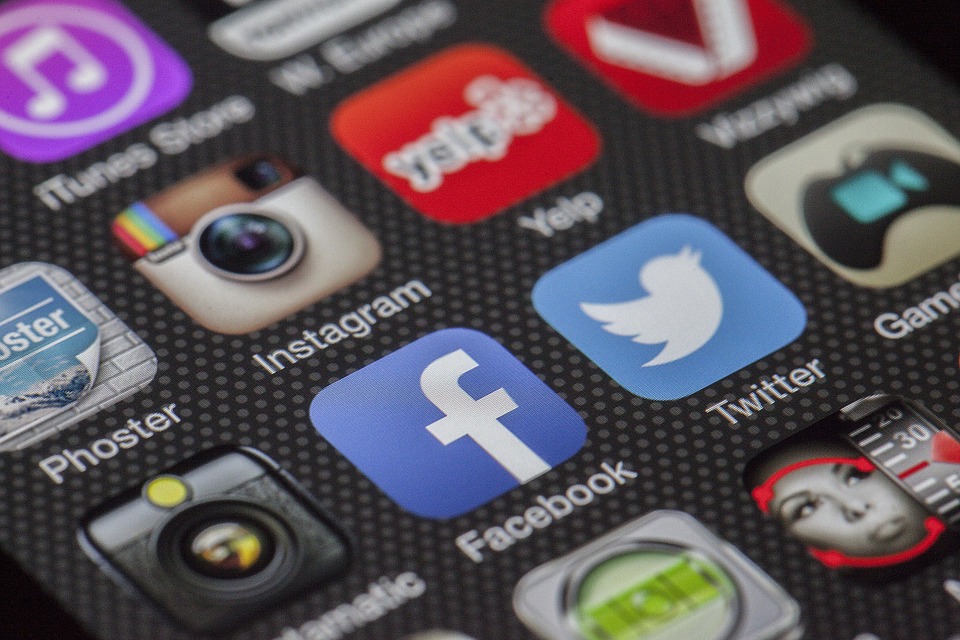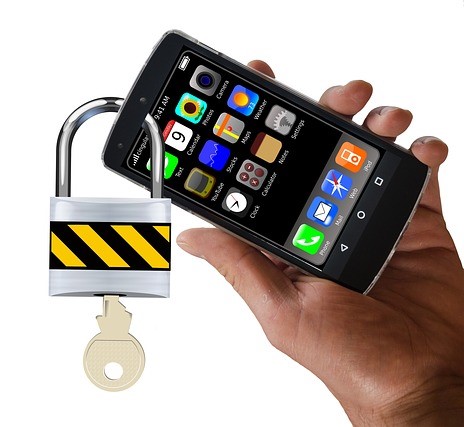International Privacy Day Provides an Opportunity to Secure Your Data (Part I)


Want to protect your data? Three University of Virginia experts tell us how in Part I of an article for International Privacy Day. Kelly Downey is Information Security Education & Awareness Senior Analyst in the Office of Information Security; Angela Orebaugh is Assistant Professor and Director of Cybersecurity and IT Programs in the School of Continuing and Professional Studies; and Jason Belford is Chief Information Security Officer in the Office of the Chief Information Officer.

On Monday, January 28th, the world celebrates Data Privacy Day. When asked, each of us probably has a different definition of privacy and varying privacy tolerances. However, we could probably all agree that we want the data about us to be secured so no harm comes to us. This is where the topics of privacy and security meet. Privacy includes the ability to know, and possibly control, what and how data is collected, shared, and protected. Security ensures that the collected data is protected from unauthorized use and access. Below we have covered some security topics that may help better protect your privacy.
Social Media
Social media gives us an opportunity to share our lives, keep up with the latest happenings, share special photos, and more. Some social media services like Facebook, Instagram, Snapchat, and Twitter allow you to change privacy settings, which can limit your posts to a specific audience. We highly recommend taking the time to review your privacy settings by using these hyperlinks: Facebook, Instagram, Snapchat, and Twitter.
 It is a good practice to periodically review your privacy settings to ensure only those you authorize have access. In addition, avoid posting anything that you do not want the world to see. There have been times in the past where some services have globally changed their privacy settings, leading to private posts being exposed publicly. Also, if a friend’s account is hijacked, a stranger may be able to see everything you post, including private information (e.g. mother’s maiden name, your birthday, your dog’s name). This information is typically used for security questions and therefore can be used by someone trying to commit identity fraud. Only accept friends that you know, and if you see a duplicate friend request from someone you already friend, reach out to them first, as it is likely an imposter account. Another thing to be aware of is that data may be shared between social networks and other applications. For example, if you sign into a game using your Facebook account, data may be shared with the game.
It is a good practice to periodically review your privacy settings to ensure only those you authorize have access. In addition, avoid posting anything that you do not want the world to see. There have been times in the past where some services have globally changed their privacy settings, leading to private posts being exposed publicly. Also, if a friend’s account is hijacked, a stranger may be able to see everything you post, including private information (e.g. mother’s maiden name, your birthday, your dog’s name). This information is typically used for security questions and therefore can be used by someone trying to commit identity fraud. Only accept friends that you know, and if you see a duplicate friend request from someone you already friend, reach out to them first, as it is likely an imposter account. Another thing to be aware of is that data may be shared between social networks and other applications. For example, if you sign into a game using your Facebook account, data may be shared with the game.
Mobile security
Most cell phones contain a lot of private information, including text messages, address books, documents, email, credit card data, and location information. An easy was to protect this information is to add a password or pin number to your phone.
 Location services on a phone report your location to applications or cell phone providers. While this may be required for turn-by-turn directions, you should review your settings to ensure you know which applications are using this information. If an application is using location services, it might be good to understand why the application needs it and what it is going to do with the data. It is also a good practice to disable location services when it’s not actively needed, such as for navigation. This also helps protect your social media privacy when posting pictures because they may have been encoded with your location information. Find location services here for Android phones and Apple iPhone.
Location services on a phone report your location to applications or cell phone providers. While this may be required for turn-by-turn directions, you should review your settings to ensure you know which applications are using this information. If an application is using location services, it might be good to understand why the application needs it and what it is going to do with the data. It is also a good practice to disable location services when it’s not actively needed, such as for navigation. This also helps protect your social media privacy when posting pictures because they may have been encoded with your location information. Find location services here for Android phones and Apple iPhone.
Be very selective of the apps that you download and install on your mobile device. Don’t download apps from third party sources, stick to validated sources such as the Apple App Store and Google Play Store. Pay attention to the settings when installing an app and the services for which the app requests access. For example, a camera app for example shouldn’t need access to your contacts. Some apps make money by selling your information to advertisers. Stop installing an app if it is requesting access to unnecessary services.
Lastly, to protect your privacy in the case of a lost or stolen device, install the Find my Phone app. This amazing, free app will help find your phone by its GPS location and some can send a ring tone to locate it in that pile of laundry or between the couch cushions. If you aren’t so lucky to have lost the phone in your home, and you haven’t been able to successfully locate or recover it, you can remotely wipe all of the private data on the phone.
- A Revolution in the Air: The Wright Brothers Take to the Sky on December 17, 1903
- Musings on National Violin Day
- Making the Promise Real: How a UN Tax Convention Can Fulfill the UNDHR’s Vision
- UVA Club of Atlanta: Virtual Pilates Class
- UVA Club of Vietnam: J-Term Farewell Social
- UVA Club of Atlanta: UVA Women's Basketball at Georgia Tech